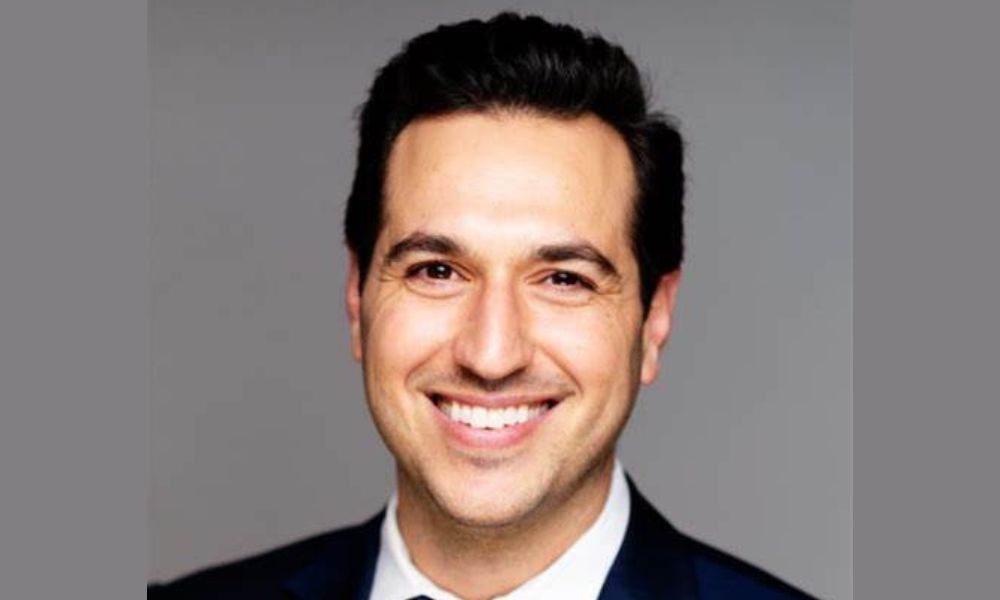When it comes to money, trends come and go. One year, it’s cryptocurrency; the next, it’s AI stocks or a “can’t miss” investment scheme. However, while the financial world keeps evolving, the fundamentals of good financial planning never really change.
In this article, we’ll look at timeless tips that never go out of style, simple, practical moves that can help you stay financially secure no matter your age, income, or what’s happening in the economy. Keep these in mind when planning your finances, and you’ll always have a solid foundation to build on.
Spend Less Than You Earn
It sounds simple, but it’s the cornerstone of financial stability. If your expenses consistently exceed your income, no amount of investing or financial wizardry can compensate for it. Tracking your spending and setting a budget helps you stay in control of your finances.
Use the 50/30/20 rule as a guide: 50% for needs, 30% for wants, 20% for savings and debt repayment.
Budgeting for Control
A budget isn’t about restriction; it’s about direction. By knowing exactly where your money goes each month, you stay in charge instead of wondering why your balance is shrinking.
Start by tracking your income and expenses for a few weeks, then categorise your spending into areas such as housing, food, transportation, and leisure. This provides a clear picture and helps you identify areas to reduce or reallocate towards savings and goals.
A good budget isn’t just about covering the everyday bills; it’s about planning ahead for the milestones and seasonal expenses that can sneak up on you. Setting aside money for things like back-to-school costs, saving for a house deposit, or preparing for a baby on the way keeps these moments exciting instead of stressful. By building these events into your budget early, you’ll avoid last-minute borrowing and feel more in control when they arrive.
Build an Emergency Fund
Life happens, jobs change, cars break down, and medical bills appear. Having 3–6 months of expenses in a savings account means you won’t need to rely on high-interest debt when the unexpected occurs.
Even starting with €25–€50 a week adds up quickly over time. Keep it in a separate, easy-access account so you’re not tempted to dip into it.
Protect What You Have
Insurance isn’t the most exciting topic, but it’s one of the most important. Life insurance, health cover, income protection, and serious illness cover act as safety nets for you and your family. They stop a financial setback from turning into a crisis.
We always recommend reviewing protection as part of any financial plan for the year ahead. Even if you already have coverage, you might be underinsured. Life changes, and so do your needs.
When we talk about protection, it’s not just about insurance policies. It also includes protecting your money through smart tax planning and inheritance planning. For example, many couples assume their partner is automatically protected. But for cohabiting couples in Ireland, the law treats them as strangers. This means an insurance payout could be subject to a large tax bill if the plan isn’t set up correctly. Taking the time to review these details now can prevent unnecessary financial stress later.
Save and Invest Early
The earlier you start, the more time your money has to grow. Compound interest, the magic of earning money on both your savings and your previous earnings, rewards those who begin early and stay consistent.
Learn more by reading our Beginner Investor Blog Series:
Publisher: Source link











